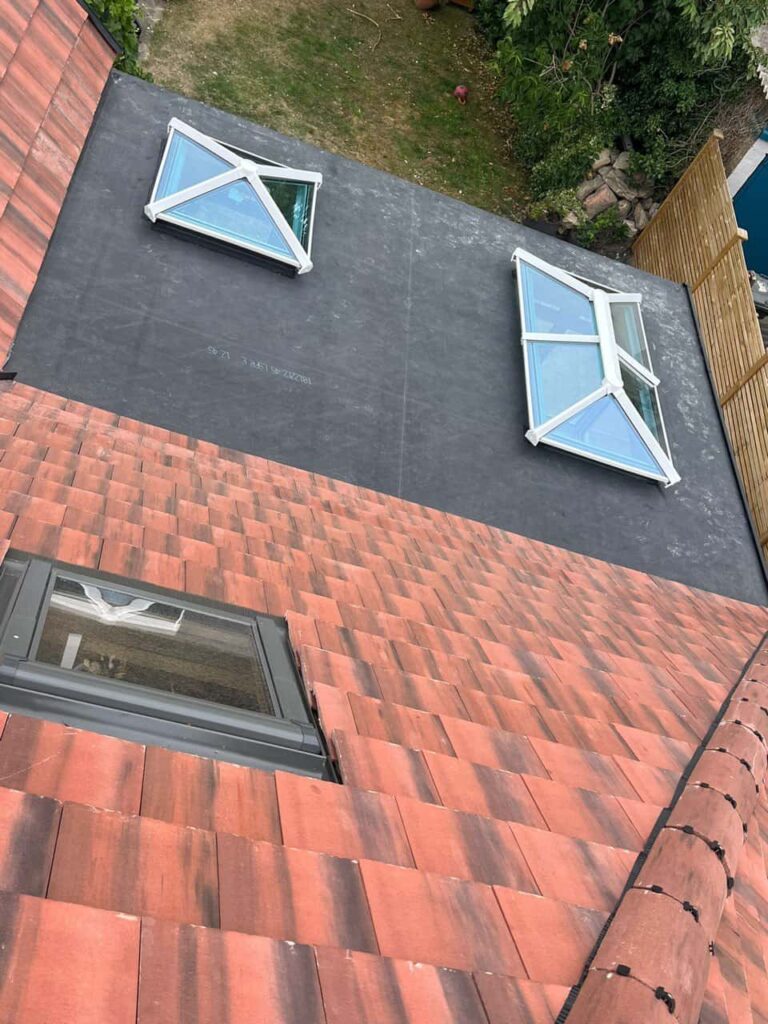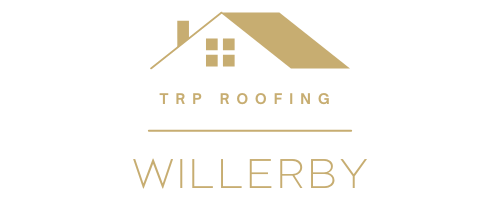Chimneys are an integral part of many UK homes, both for their function and as a distinctive architectural feature. However, because they sit exposed to the elements, chimneys are particularly vulnerable to weathering and structural deterioration. Cracks, gaps, and damaged mortar may seem minor at first, but they can quickly escalate into serious roof damage if left unchecked. At TRP Roofing Willerby, we regularly help homeowners across Willerby, East Riding of Yorkshire prevent costly repairs by addressing chimney issues early.
Here’s why cracked or damaged chimneys are a risk to your roof and what you can do to protect your property.
How Chimney Damage Develops
Chimneys are constantly exposed to wind, rain, frost, and extreme temperature changes. Over time, these conditions can lead to:
- Cracked or missing mortar joints from natural weathering
- Loose or displaced bricks caused by structural movement
- Damaged lead flashing where the chimney meets the roof
- Water ingress from small gaps or holes in the masonry
Even small cracks can absorb rainwater. When temperatures drop, the water freezes and expands, worsening the damage through the freeze-thaw cycle.
Why Chimney Cracks Lead to Roof Damage
Cracks and gaps in a chimney do more than compromise its own stability—they often create pathways for water to enter the roof structure. Common problems include:
1. Water Leaks Into the Loft
When rainwater seeps through cracked brickwork or worn flashing, it can travel into the loft space. Over time, this leads to damp insulation, timber rot, and potentially widespread water damage.
2. Damage to Roof Structure
Moisture entering near the chimney can weaken supporting rafters and battens. Persistent leaks can result in sagging roof sections, which are far more expensive to repair than addressing the initial chimney issue.
3. Internal Damp and Mould
Water penetration around a damaged chimney often shows as staining on ceilings or walls near fireplaces. This not only affects the appearance of your home but also encourages mould growth, which can pose health risks.
4. Compromised Flashing
The lead flashing around a chimney is designed to keep water out. If the chimney moves or deteriorates, the flashing may lift or tear, allowing rain to flow under the tiles and into the roof space.
Preventing Roof Damage With Timely Chimney Repairs
The key to protecting your roof from chimney-related damage is early intervention. Essential steps include:
- Professional inspections to spot cracks, gaps, and loose mortar before they worsen
- Repointing to replace deteriorated mortar and strengthen the structure
- Lead flashing repairs or replacement to maintain a watertight seal
- Brickwork repairs to address loose or damaged sections before they become unsafe
Regular maintenance not only prevents water ingress but also extends the life of your roof and chimney.
Conclusion
Chimney cracks and gaps are more than just cosmetic concerns—they can be the starting point of serious roof damage, from leaks and damp to timber decay and structural issues. Prompt inspection and repair are the most effective ways to protect your property and avoid costly future repairs.
At TRP Roofing Willerby, we provide expert chimney inspections, repairs, and lead flashing services for homeowners throughout Willerby, East Riding of Yorkshire. Contact us today to arrange a professional assessment and keep your roof and chimney in safe, watertight condition.
Call us on: 01482 429 194
Click here to find out more about TRP Roofing Willerby
Click here to complete our contact form and see how we can help with your roofing needs.

